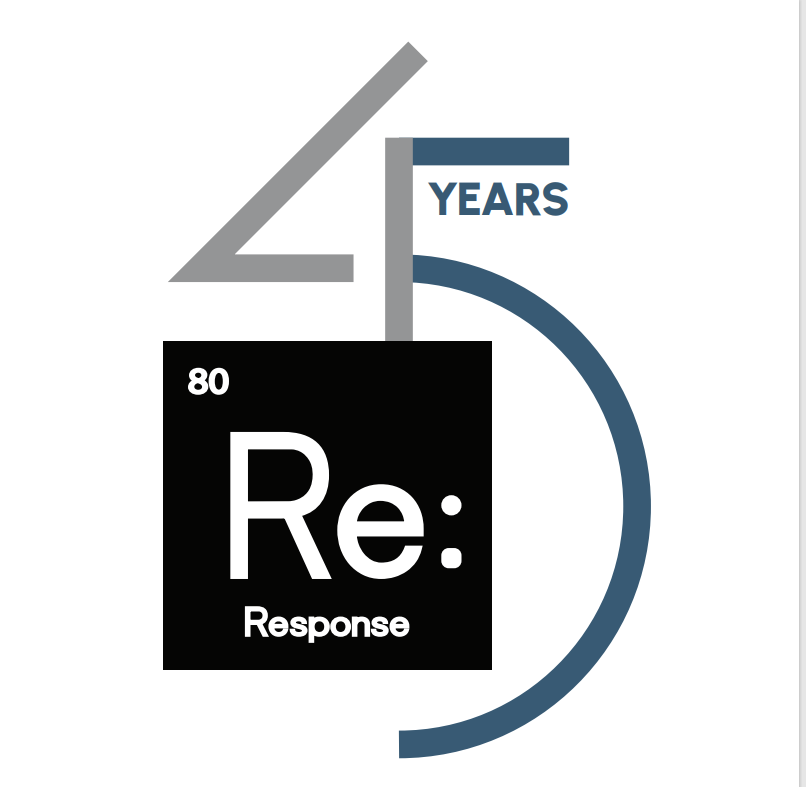“Today, everybody sees the value in data to drive better marketing, more efficient media, and more relevant relationships with prospects and customers. Data lends itself well to all of that,” reports Josh Perlstein, our CEO. “Both regulatory bodies and consumers see the need for more control over data because it’s so prolific. With the growth of data breaches, identity theft, and data misuse over the past ten years, there’s a greater sensitivity and fear about what happens if the wrong people get ahold of my data or use my information for bad things from a consumer perspective.”
It seems the powers that be agree with consumer concern over the usage of data. New privacy regulations are introduced and added almost daily. Changes to Apple’s Identifier for Advertisers (IDFA) and App Tracking Transparency (ATT), the rise of ad-free browsers, and Google’s (almost here, but often delayed) elimination of third-party cookies bring sizable shifts to the market. Regardless of where they sit in the digital media ecosystem, companies realize people want more privacy and control of their data.
Regardless, eliminating third-party identifiers and the resulting marketplace changes will make it much more challenging to target users effectively. This loss will also make measurement more complex. Higher acquisition costs and lower revenues will likely result. What comes next in our industry is uncertain. Understanding the potential outcomes and implications will help marketers stay agile and provide the best chance of success. To help you deal with the elimination of third-party identifiers, we’ll address the likely scenarios for publishers, technology providers, and brands.

Publishers
The deprecation of the third-party cookie in the not-so-distant future is a bad thing for publishers, right? Not so fast. Recently, the online publishing trade group Digital Content Next (which represents The New York Times, The Washington Post, The Wall Street Journal, and others) found “significant evidence that the current system with third-party cookies…has not served trusted publishers’ interests.” Yet they also claim, “While Google’s proposal to deprecate third-party cookies…could have a dire impact on the digital advertising landscape, preserving third-party cookies could have an equally dire impact on the ecosystem.”
More prominent publishers have an advantage in the brave new cookieless world. Larger publishers can leverage first-party data to target their audiences at scale. Smaller publishers are at a disadvantage; resources (development and sales) to build successful first-party data strategies are expensive. Further, direct ad deals are harder to come by for publishers with smaller scale audiences.
“Non-premium publishers are going to see the effects the most,” according to Michelle Rainbow, our VP of Media and Campaign Management, “because they are the ones selling the most inventory within exchanges”. Traditional publishers must recalibrate their measurement solutions to prepare for cross-channel engagement and consumer privacy. Publishers must learn more about their audience and deliver better, more personalized experiences to prosper in the new world. First-party data is key to all of this.
At the same time, the rise of retail media networks will cut into traditional publisher income. Amazon, Walmart, and even Dollar General have started to monetize their high-quality first-party data. Closed-loop measurement solutions allow advertisers to leverage data to influence in-store and online conversions. Beyond the walled gardens, when retail data is combined with programmatic media, it creates a compelling opportunity to drive awareness and lower funnel actions.
Adtech Players
Since the invention of third-party cookies in the mid-1990s, adtech vendors have discovered many ways to take advantage of them. Identifiers track websites people visit and then link the information to massive datasets, including income, demographics, and addresses. Identifiers offer an easier way to reach the right audience and brought scientific rigor to digital advertising.
Today, advertiser reliance on tracking data has created an elaborate industry of hundreds of adtech firms, each using third-party cookies to facilitate (and perhaps complicate) the process of buying and selling digital ads.

“One of the reasons why the industry has grown so much is because it’s measurable,” said Dr. Alvin Glay, our VP of Growth and Consumer Insights. “You can target specific cohorts using third-party cookies as part of that ecosystem.”
Many adtech business models relying on collecting and analyzing vast troves of user data are in jeopardy. The most apparent beneficiaries from the death of third-party identifiers are the web’s walled gardens, especially Google and Facebook, which have vast pools of data about users and their browsing habits and no one else can access it.
The future for adtech will depend on what system of identity wins. Should a browser-based model (like Google’s FLoC), adtech vendors, especially those who run independent ad exchanges or rely on granular, individual-level user tracking, may become obsolete. If a new identity-based tracking solution emerges, it will likely benefit the adtech industry more broadly. Regardless, there will be consolidation and clear winners and losers.
Brands
The brand marketing ecosystem is only just now coming to grips with a cookieless future. “I don’t think the industry is ready; it will be a race to the end. There will be a lot of waste and a lot of inefficiency from a measurement perspective until we figure out how this new ecosystem works,” according to Dr. Glay. “Yet, when identifiers go away, brands will find the value of a direct engagement with consumers will increase greatly.”
Marketers must act now to compete in a first-party data world. Rainbow agrees, “Brands heavily investing in first-party data will be more prepared than others.” Building a database with quality data and a comprehensive identity strategy is critical for brands. First-party data is a significant competitive advantage (and differentiator), regardless of the future of identity.

First-party data is the fuel for personalization, customer retention, cross-sell, and up-sell opportunities. Beyond these essential applications, brands should incorporate data from all possible data sources (research, purchase, surveys, CRM, and partners). Enhancing and enriching proprietary data creates a solid foundation for future first-party data strategies that are consumer-friendly and built to last in a cookieless world.
Where We Are Today
Consumers are genuinely concerned. They’ve seen what happens when people aren’t responsible with their data, yet they appreciate it when data is used to create more personalized products and services.
How do we find the magic point between being unfair to businesses leveraging data for good and protecting consumers?
It’s simple, according to Perlstein. “The golden rule applies. How would you want your data to be treated?” Companies should follow a consent-based approach to acquire and use first-party data. “If you’re collecting the proper level of consent, you’re transparent with data stakeholders, and you’re managing data appropriately, you’ll typically be less impacted by the elimination of third-party identifiers.”
















